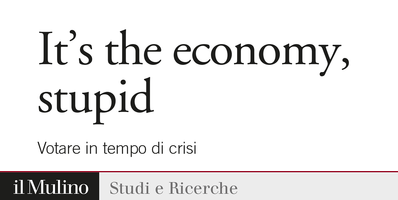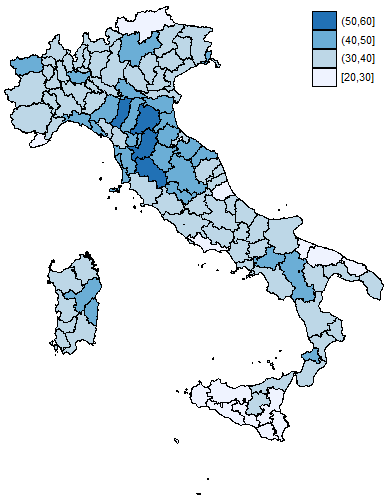It’s the economy, stupid. Votare in tempo di crisi
La crisi economica ha messo a dura prova la sopravvivenza dei governi nella maggior parte delle democrazie avanzate. Essa ha inoltre contribuito all’allontanamento dei cittadini dai processi di rappresentanza, alimentando la delegittimazione dei partiti tradizionali e favorendo la radicalizzazione della competizione politica così come il successo di nuove formazioni prive di un vero progetto politico. Le teorie del voto economico hanno da tempo documentato come i comportamenti elettorali siano influenzati dall’andamento dell’economia. Tuttavia, diversamente dagli effetti prodotti dai normali alti e bassi dei mercati, la Grande Recessione rischia di lasciare una pesante eredità ai regimi democratici, erodendo il funzionamento e la fiducia nel principale meccanismo della rappresentanza politica in modi che l’attuale ripresa fatica a mitigare.
Introduzione
1. La teoria del voto economico
2. La Grande Recessione
3. Gli effetti della crisi: disoccupazione e scelte di voto
4. Decomporre il voto economico
5. Voto economico e oltre: tre analisi within-case
6. Italia 2013: un voto retrospettivo sul governo tecnico
7. Spagna 2015: economia e corruzione nel voto retrospettivo
8. Germania 2013: il voto retrospettivo quando l’economia funziona
9. Conclusioni. Votare in tempo di crisi




